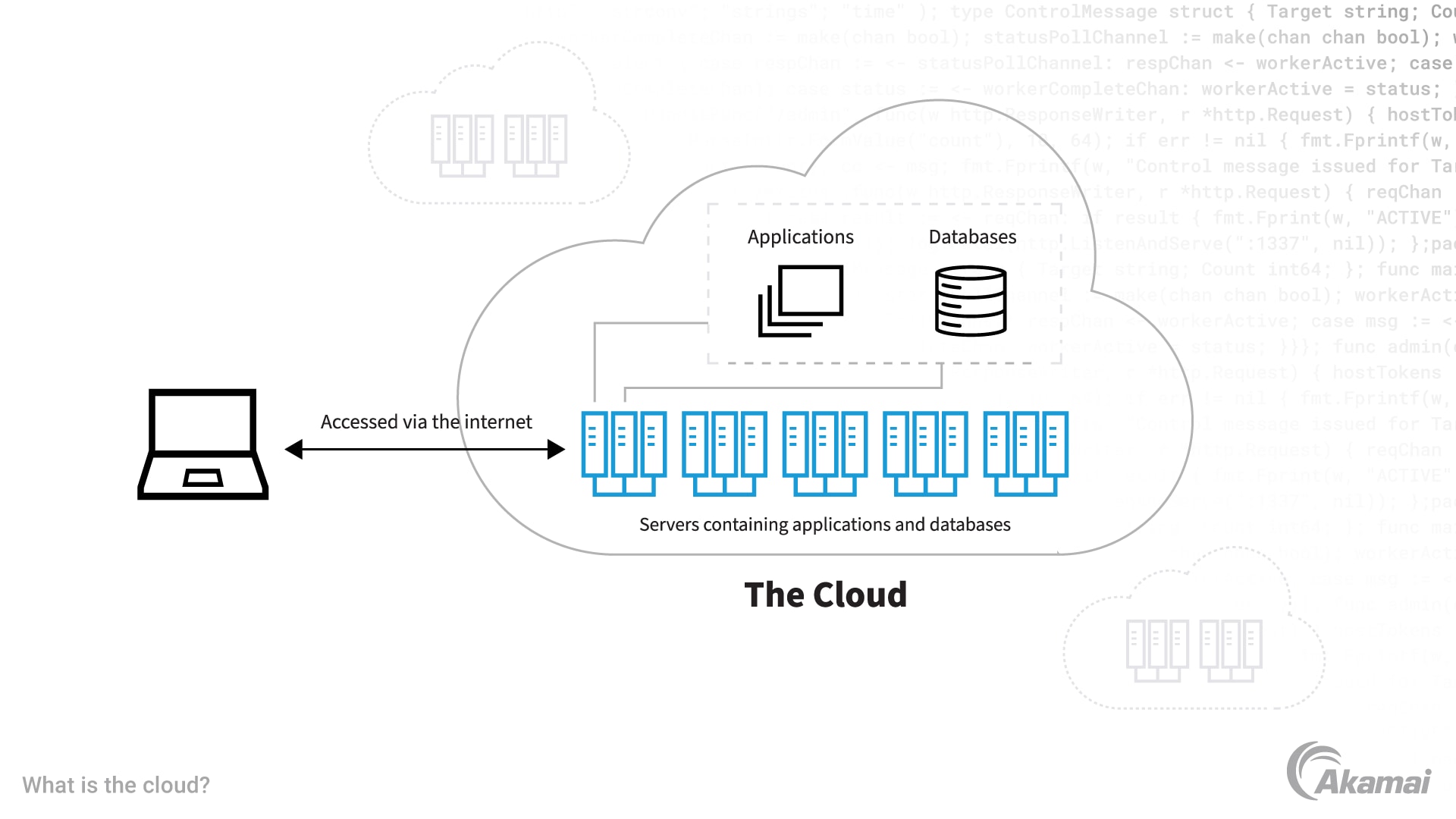Streamline IT Monitoring With Cloud Provider
In today's swiftly progressing electronic landscape, the function of IT administration is coming to be progressively complicated. Organizations are regularly seeking methods to improve their IT operations to remain competitive and nimble. Cloud solutions have actually become a feasible option for services seeking to improve efficiency, reduce expenses, and enhance overall IT efficiency. By welcoming cloud modern technology, business can achieve higher versatility, scalability, and security in handling their IT facilities. How specifically do these cloud solutions reinvent conventional IT monitoring methods? Let's discover the transformative effect of leveraging cloud services on IT operations and the vital considerations for successful application.
Advantages of Cloud Solutions

Additionally, cloud services allow organizations to boost their functional performance by simplifying procedures and lowering the moment and sources required for managing IT framework. With cloud solutions, organizations can automate regular tasks, such as software application updates and data backups, releasing up IT groups to focus on even more strategic campaigns that drive organization value.

Enhanced Scalability and Adaptability
Cloud services provide organizations with exceptional scalability and flexibility in handling their IT sources effectively. Scalability is a critical function of cloud services that enables firms to quickly readjust their IT sources based upon demand. With cloud services, organizations can promptly scale up or down their computing resources, storage space capability, and network data transfer to satisfy changing requirements without the requirement for considerable in advance financial investments in hardware. This flexibility enables organizations to adapt to varying work, seasonal demands, or unforeseen growth without experiencing downtime or efficiency issues.
Furthermore, cloud services supply the flexibility for employees to access company data and applications from anywhere, at any moment, and from any type of gadget with a web link. This capability improves efficiency and partnership among remote teams or employees working in different areas. In addition, cloud solutions give the versatility to pick from a variety of solution designs, such as Framework as a Solution (IaaS), Platform as a Service (PaaS), or Software Application as a Service (SaaS), based upon the certain demands of the organization. The enhanced scalability and adaptability offered by cloud solutions encourage businesses to optimize their IT procedures and remain active in today's dynamic market environment.

Cost-Effectiveness and Savings
With the capacity to efficiently allocate resources based upon demand, businesses using cloud solutions can harness considerable cost-effectiveness and understand significant cost savings in their IT procedures. Cloud services use a pay-as-you-go model, enabling companies to only pay for the sources they utilize, removing the need for big ahead of time investments in equipment and software. This scalability makes sure that businesses can easily adjust to changing needs without spending too much on unneeded resources. Furthermore, cloud solutions minimize maintenance prices by shifting the obligation of equipment this contact form maintenance and software updates to the provider. This minimizes the demand for devoted IT personnel to handle framework, more reducing operational costs. The cloud gives economic climates of range, with providers spreading costs across numerous clients, resulting in reduced individual expenses for services like storage and computing power. On the whole, the cost-effectiveness and savings achieved through cloud services make it possible for businesses to reapportion sources in the direction of innovation and growth campaigns.
Improved Security and Conformity
Enhancing the overall security pose and guaranteeing governing compliance are paramount factors to consider for companies leveraging cloud solutions in their IT administration strategies. Cloud provider supply innovative safety and security actions, such as data security, multi-factor authentication, and automated back-ups, which can bolster a business's safety and security structure. These carriers likewise stick to stringent regulative standards, such as GDPR, HIPAA, and PCI DSS, assisting organizations meet conformity requirements better.
Carrying out cloud solutions can enhance safety by giving centralized control over access monitoring, monitoring, and data security. This central approach simplifies safety monitoring and makes certain regular application of safety policies across the organization. Cloud solutions commonly supply real-time protection updates and patches, reducing the threat of vulnerabilities and possible breaches.
Finest Practices for Cloud Application
Applying cloud solutions efficiently calls for an organized strategy that incorporates complete planning and persistent execution. To guarantee a smooth shift to the cloud, organizations should begin by performing a thorough analysis of their present IT facilities and determining which original site workloads appropriate for migration. It is important to develop clear purposes and define key efficiency signs (KPIs) to determine the success of the cloud implementation.
One of the most effective practices for cloud implementation is to meticulously select a cloud solution company that lines up with the company's demands in terms of safety, cost-effectiveness, compliance, and scalability. Additionally, producing a detailed movement strategy that details the actions included, timelines, and duties is vital for an effective implementation.
Consistently enhancing and monitoring cloud resources to make certain efficient efficiency and cost administration is an additional vital facet of cloud implementation best methods. Continual assessment of the cloud atmosphere and remaining notified about updates and new functions supplied by the cloud company can better enhance the organization's cloud strategy. By complying with these ideal techniques, organizations can improve their IT administration and maximize the benefits of cloud services.
Final Thought
In conclusion, leveraging cloud services for IT management offers numerous advantages, consisting of improved scalability, cost-effectiveness, enhanced safety and security, and compliance. Overall, cloud services enhance operational performance and dexterity in managing IT framework.
In addition, cloud services provide the flexibility to pick from a range of service designs, such as Framework as a Service (IaaS), Platform as a Service (PaaS), or Software as a Service (SaaS), based on the specific demands of the service. Additionally, cloud solutions lessen maintenance prices by shifting the responsibility of equipment upkeep and software program updates to the service provider.Enhancing the general safety and security position and making certain regulative conformity are vital considerations for organizations leveraging cloud services in their IT monitoring techniques.Frequently optimizing and checking cloud resources to make sure efficient performance and price management is find an additional critical element of cloud execution best techniques. Continuous assessment of the cloud setting and staying notified concerning updates and new attributes provided by the cloud carrier can further improve the company's cloud approach.